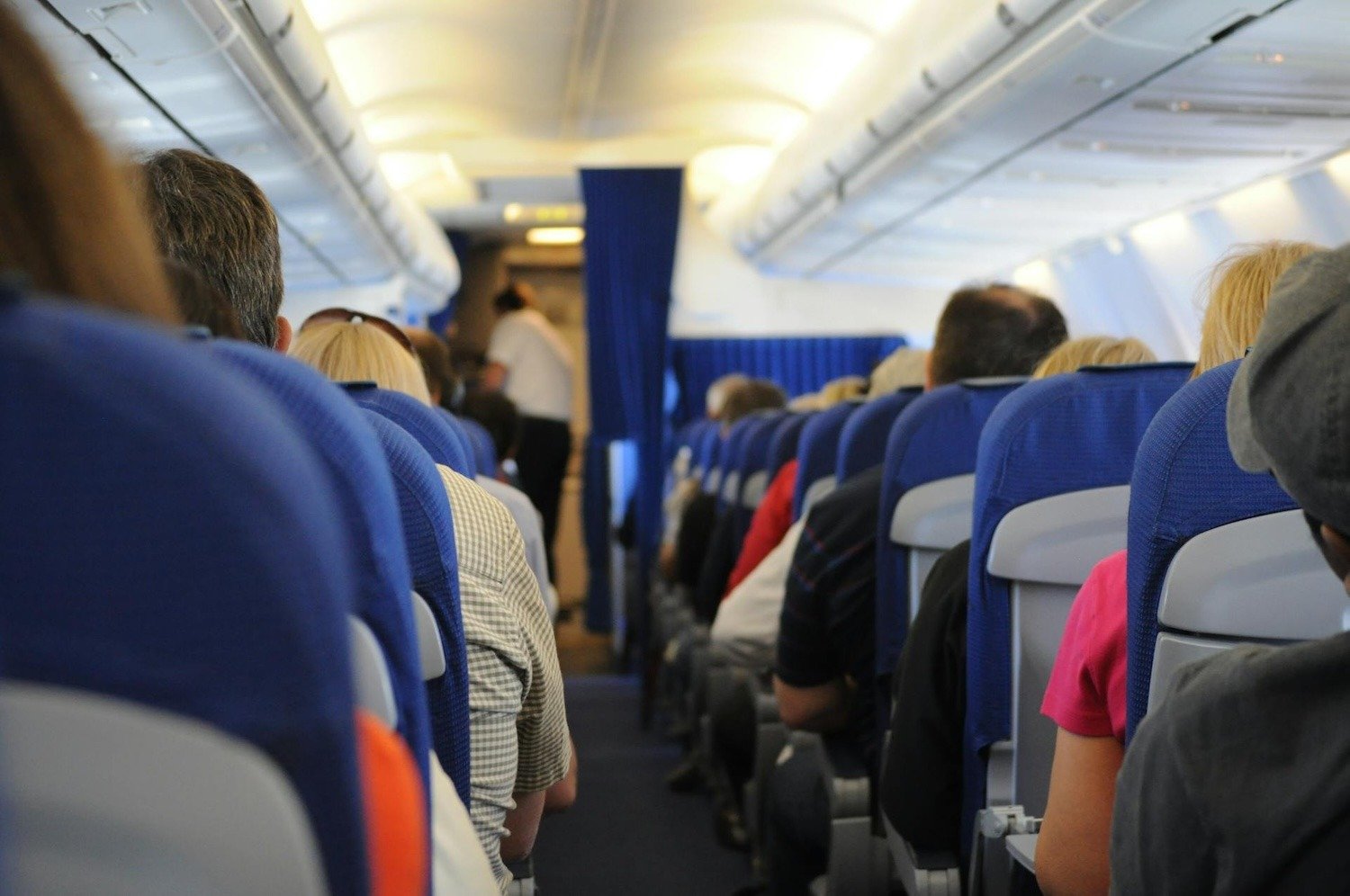The forecast seats offered across the top corporate global airlines in 2024 are set to be five per cent above 2019 and, in comparison, seats offered in 2023 were two per cent below 2019 levels – 11 of the top corporate airlines are also forecast to exceed their 2019 levels by the end of 2024.
As for accommodation, the hotel average room rate across the top 100 corporate cities reported by FCM Consulting’s business analytics team was US$182, a US$5 drop versus H1-2023. As reported by STR on 6 July 2024, the global hotel occupancy rates were forecast to reach 70 per cent during July.
In the car hire sector, The H1-2024 global average daily rate was US$54, a decrease of 26 per cent, when compared to 2023.
This report highlights some promising trends for South African business travellers. The 9% increase in seat availability on flights within Africa is a clear sign of the growing accessibility and connectivity across the continent, which will be beneficial for companies expanding their footprint regionally. Additionally, while Johannesburg's Average Room Rate (ARR) has seen a 13% rise, Cape Town’s 7% decrease offers a more affordable option for accommodation, which could balance costs for travel programmes.
However, it’s important for businesses to keep an eye on airfare trends, particularly the significant increases in both economy and business class fares on key routes like Cape Town to Dubai and Johannesburg to London. These rising costs could impact travel budgets, making it crucial for companies to re-evaluate their travel programmes and consider strategies for managing these expenses, such as advanced booking and exploring alternative routes or classes.
Overall, while there are positives in terms of increased connectivity and accommodation options, South African businesses must remain vigilant about rising travel costs and adapt their travel programmes accordingly to maintain cost efficiency while ensuring effective travel for their teams.
Bonnie Smith is the GM of FCM and Corporate Traveller South Africa. Felicity Burke is the Head of FCM Consulting, APAC.
Read the 23rd edition of Top Empowerment



.svg)












